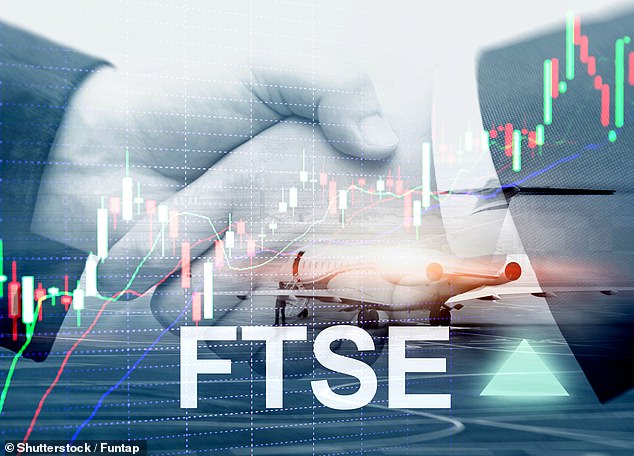If the Government’s finances are in such a mess and the economy is stagnant, why are share prices close to an all-time high? Could it simply be the UK is a pretty good place to invest – provided you are a foreigner and don’t have to pay our taxes?
This week sees Rachel Reeves’ spending review, setting out what the Government proposes to do with our taxes for the next three or four years. It’s the first shot a Labour government has had at this exercise since 2009, in the aftermath of the banking crash.
Then Chancellor Alistair Darling savaged spending plans to such a scale that, in theory at least, there would be cuts of 490,000 public sector jobs. It was a total about-turn of the exercise by Gordon Brown when money taps were flowing. The so-called ‘austerity’ of the Coalition Government the following year was actually started by Labour.
Reminding people of this is not to beat up Reeves’ predecessors, or to get into the debate about spending headroom, or the commitment to the Office for Budget Responsibility’s fiscal rules.
It is just to point out that, for all the fine words of successive Chancellors, they are prisoners of the harsh mathematics of public finances. If the taxes come in strongly, that is fine. If not, they are in trouble. Right now, notwithstanding her increase in tax rates, revenues are weak.
Why? Well, we don’t yet know, but it looks like people with money are hunkering down – or bunking out. The top 1 per cent of earners pay 29 per cent of all income tax, and the top 10 per cent pay 60 per cent. It’s early days, but there are bits of evidence of a shift in behaviour. The Capgemini World Wealth Report last week showed that the UK lost 14,000 millionaires last year. That’s not as big a decline as in France or Germany, but a stunning contrast to the increase of 562,000 millionaires in the US.

Shake on it: If the Government’s finances are in such a mess and the economy is stagnant, why are share prices close to an all-time high?
There is data from Henley & Partners that 26,000 non-doms left the UK last year, and there are suggestions that the changes brought in by Reeves will cut tax revenue rather than increase it.
Job losses are certainly coming as a direct result of the increase in employers’ National Insurance Contributions (NICs), but thanks to the unreliability of the Office for National Statistics’ numbers it’s too early to know how hard employment is being hit.
What we do know is that revenues from income tax, NICs and capital gains tax in April, the first month of the financial year, were disappointing – disappointing, that is, from the perspective of the Treasury, if not from those of us handing over the money.
This isn’t a mass exodus of high-earners or of the already wealthy. It feels more like the 1970s when some people did leave the country, but most just cut their costs and waited for the change of government that eventually happened in 1979.
The difference is that back in the 1970s, financial markets were all over the place, the pound was savaged before recovering, and inflation was heading upwards.
Now UK shares are doing well, and the pound has made a decent recovery. The FTSE 100 index, at 8,838 is only 50 points off its all-time high in March, and the pound is back to $1.35. It is completely plausible that the Footsie could go through 9,000 in the next few days, and I expect sterling to reach $1.45 by year-end.
All this is happening despite the chaos in world trade and expectation that Reeves will have to raise taxes again come the autumn.
Why? Three explanations.
One is that the UK equity market is the least ugly, or at least one of the less ugly, contenders in the global beauty parade. Where else do you put your money? You are buying into large, hitherto relatively unfashionable enterprises that earn decent profits and pay good dividends. At a time of huge uncertainty, you should not try to be clever, but just diversify your assets.
Two, the fact that Britons are to be clobbered with yet higher taxes and the economy will stay stagnant is unimportant to foreign investors. Big UK firms earn on average three-quarters of their profits overseas.
And finally, even if the global trade war does hot up, the UK is not in Donald Trump’s firing line. What’s not to like?
DIY INVESTING PLATFORMS

AJ Bell

AJ Bell
Easy investing and ready-made portfolios

Hargreaves Lansdown

Hargreaves Lansdown
Free fund dealing and investment ideas

interactive investor

interactive investor
Flat-fee investing from £4.99 per month

InvestEngine

InvestEngine
Account and trading fee-free ETF investing

Trading 212

Trading 212
Free share dealing and no account fee
Affiliate links: If you take out a product This is Money may earn a commission. These deals are chosen by our editorial team, as we think they are worth highlighting. This does not affect our editorial independence.
